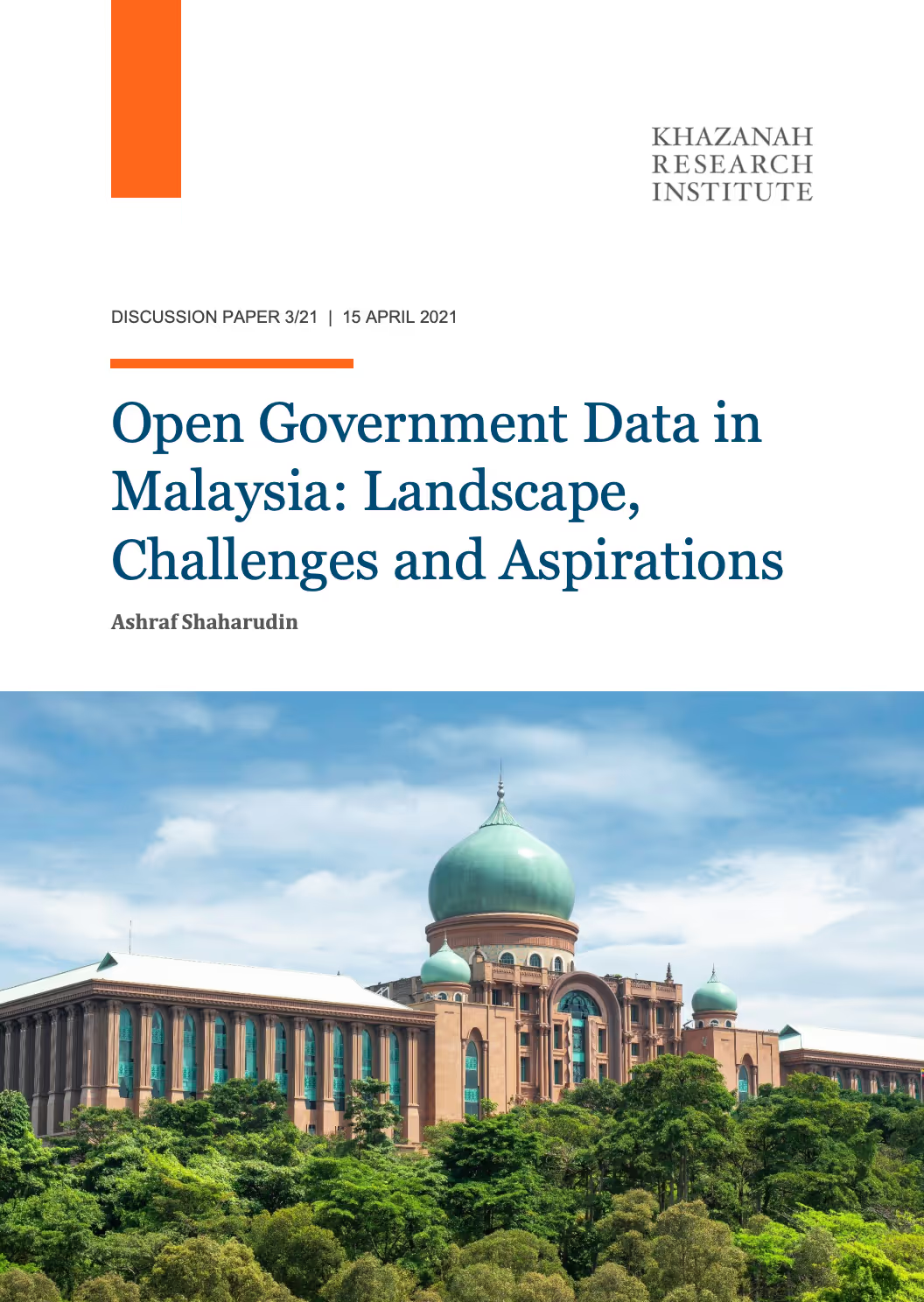Key Takeaway
Data Overview
* Enact a Right to Information (RTI) Law: Malaysia needs to implement an RTI law to ensure transparency. Currently, the Official Secrets Act 1972 allows individual government bodies to control data sharing, but no overarching law exists for government data.
* Data Privacy Law: A comprehensive data privacy law that includes government data is essential. Protecting privacy supports open government data initiatives. Agencies require a framework to assess and mitigate data privacy and security risks.
* Streamline Data Management: The Malaysian Administrative Modernisation and Management Planning Unit (MAMPU) leads the open data agenda but lacks enforcement power. Streamlining data management across agencies is crucial.
* Invest in Digital Infrastructure: Increasing investment in digital infrastructure and human capital is necessary. Many agencies have small ICT teams, and MAMPU's capacity to support them is limited.
* Promote Data Literacy: Supporting the meaningful use of open government data is vital. Expanding data skills training and embedding data literacy in school curricula can enhance data skills. Collaboration with data intermediaries, such as non-profits, can generate more public value from data.















